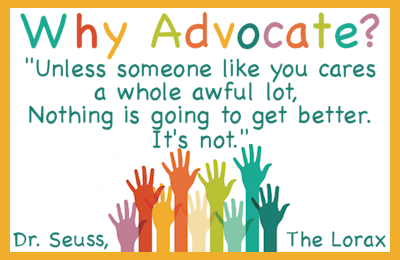
Advocacy is a professional responsibility in my field which is rehabilitation psychology. It is within that mandate that I've helped quite a few chronically homeless, disabled individuals to get off the streets and into housing with supportive services..
I started this work when one of my research study participants - a man I met on my first day out in the field - was found dead at age 48 lying face down in a stream. He'd been missing for 3 days.
I learned then that 48 was the average age at the time of death for chronically homeless people. Shocked, I became determined to try to prevent as many of these premature and tragic deaths as I could. Here is some of what I did and what I learned:
*I focused mainly on those at highest risk of death on the streets;
*Nearly all chronically homeless individuals may be disabled;
*Nearly all had been kicked out of shelters, most often repeatedly;
*It takes a great deal of time to accompany the person in need of assistance to every single medical, legal and social services appointment, as I did;
*I encountered often intense resistance to my advocacy initiatives from housing authorities, agencies and outreach workers;
*I needed to learn about state and federal laws that protect individuals with disabilities;
*I focused on building support among physicians, social workers, psychologists, substance use specialists, attorneys and other personnel within the legal and criminal justice systems;
*Some of my people had been homeless for as long as 30 to 40 years. I did not think it was realistic to expect that they would ever receive housing assistance;
*Most suffered from brain injuries, psychiatric disorders and substance use disorders in addition to various orthopedic, dental and vision problems as well as numerous other health issues;
*Advocates will need to commit to providing very long term supportive services;
*Advocates will need funds for numerous expenses.
If you want to take on the challenge of serving as an advocate for a homeless person or family, I encourage you to form an advocacy group and to focus on one individual or family at a time. This will spread out the time commitment. It will also serve as a support group for you.
This is not easy work. Be prepared for an unpleasant reaction and even outright hostile reaction from housing authorities. In order to counter this, build strong support among area medical and legal experts who see people living desperate lives and dying on the streets and who want to help.